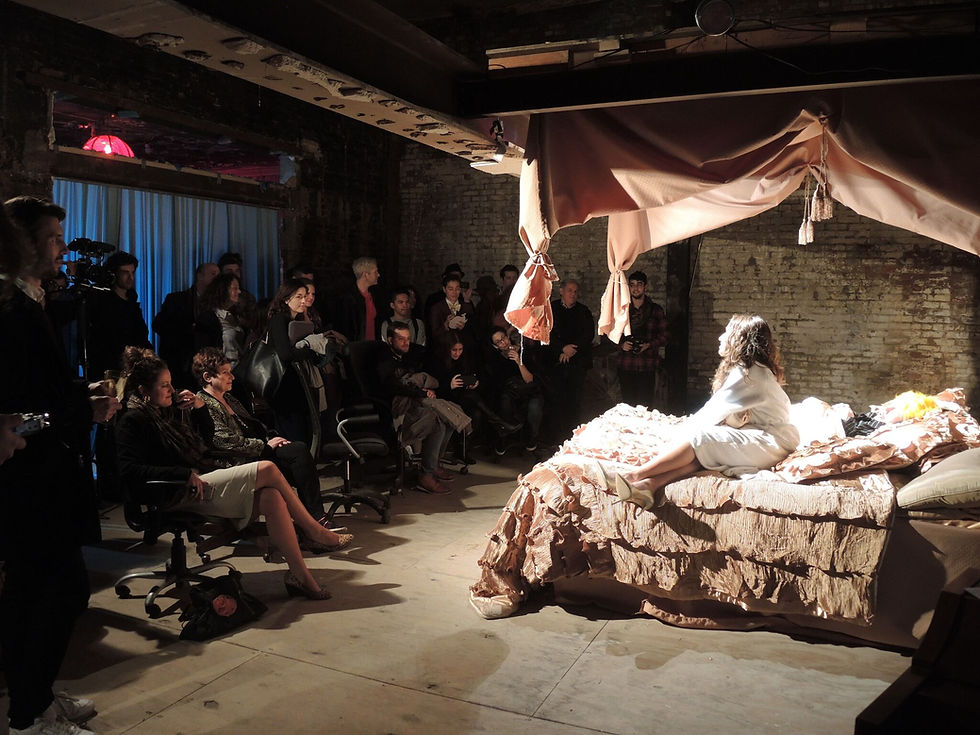Unsung Serenade
for chamber orchestra
Scroll Down
In me thou see’st the glowing of such fire
That on the ashes of his youth doth lie,
As the death-bed whereon it must expire
Consumed with that which it was nourish’d by
William Shakespeare Sonnet 73
ABOUT
Unsung Serenade for chamber orchestra has been inspired by Shakespeare’s sonnet 73. The melodic motto of this work appears in two earlier musical settings of the sonnet, for voice and piano (in Hebrew, and in the original English).
The irony of sonnet 73, is in that the flame, which nourishes the passion, is also the one that ultimately consumes it. It is the unfulfilled potential, which makes “love more strong.”
Further, it is the perception of the elements that are fading — yellow leaves, ruined choirs, the sunset and a dying flame, which has the power to bring about a greater love.
The piece, therefore, begins with restraint, and slowly accumulates tension, with elements of the “serenade” melody released gradually. However, even in the ultimate, lyric portion of the piece full “satisfaction” is never achieved.
Mátti Kovler

SCORING
DETAILS
PREMIERE
Instrumentation
2 fl, 2 ob (ob 2/engl. hrn), 2 cl (Bs cl), 3 hns, 2 trmp, 2 trmb, t-ba, harp, p-no (cel), perc, str.
May 21, 2010
Miller Theater, Columbia University
Underwood New Music Readings
American Composers Orchestra, George Manahan - conductor
Inspired by Shakespeare's Sonnet 73
Dedicated to T.C.
REVIEWS
Mr. Kovler’s “Unsung Serenade,” in which a gloom akin to Ravel’s pregnant murk in “La Valse” gave birth to brighter sonorities, had an emotive potency that suggested, of all things, a potentially estimable operatic composer in the making.
Steve Smith The New York Times

CONTACT
BOOKING | COMMISSIONING | PRESS INQUIRIES
Amanda Cooper, ALC Management
Email: amanda@alc-arts.com
Inquiries for ‘Here Comes Messiah’, ‘Ami & Tami’, ‘The Drumf & the Rhinegold’:
Floating Tower
Erin Simmons, producer
139 Jackson St. Suite 4B
Brooklyn NY 11211
tel: +1 469 826 0000
Mátti Kovler's scores and recordings are published exclusively by BarkolMusic [ASCAP] and Floating Tower Records.
Inquiries regarding all European engagements:
World Entertainment Company
Luca Ceretta, managing director
Király utca 56. 1. em 5
1068 Budapest
cell HU +36 3067 49980
cell ITA +39 329 472 1404
For Repertoire advice, commission inquiries and general information about scores and individual works please contact Mátti directly at



